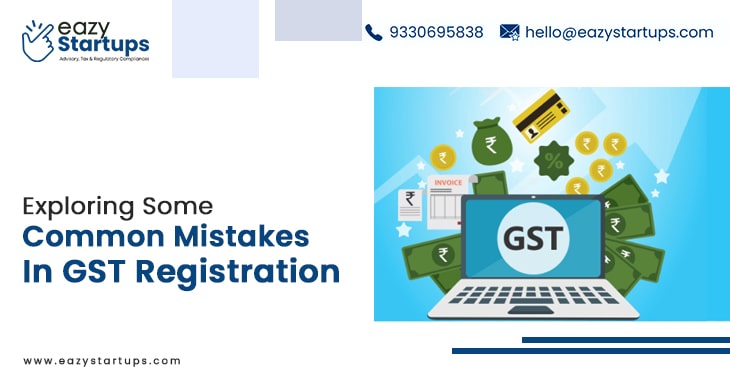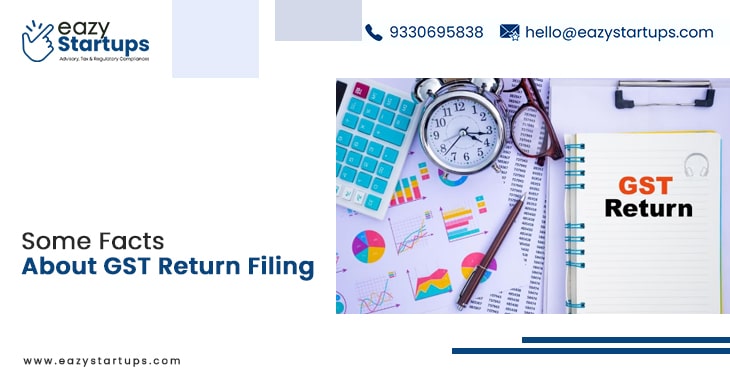Starting your own business is an exciting and satisfying undertaking, but there are legal requirements and a ton of paperwork involved. Online Company Registration is an essential stage in this process, but it can be difficult and time-consuming, particularly if you’re unfamiliar with the rules and processes. That is where having experts on staff can be quite beneficial. If you are looking for expert professionals who can make Business Registration Online hassle-free and easy for you, reach out to Eazy Startups, India.
At Eazy Startups, our experts in Online Company Registration can help you every step of the way and ensure everything is completed quickly and accurately. We can help you avoid difficulties and costly blunders by navigating the legal and bureaucratic maze with our skills and experience. Contact us today for our valuable assistance. This blog will discuss how professionals can help you with your Business Registration Online in India.
Let’s have a look at the detailed discussion:-
- Understanding Legal Requirements
- Choosing the Right Business Structure
- Preparing and Filing Documents
- Obtaining Necessary Licenses and Permits
- Handling Tax and Compliance Matters
- Providing Ongoing Support
Understanding Legal Requirements:
The rules and laws of Online Company Registration vary by state and industry. Experts are knowledgeable about these specifications. They can counsel you on the paperwork, permissions, and licenses your company may require. This can help you avoid unintentionally breaking any laws or rules, which could later lead to penalties or legal problems.
Choosing the Right Business Structure:
Choosing the right business structure—a corporation, limited liability company (LLC), partnership, or sole proprietorship—is one of the most important ones you’ll make during the registration process. Experts can assist you in selecting the choice that properly meets your needs and objectives by outlining the benefits and drawbacks of each. No matter what business structure you choose, Eazy Startups is here to assist you throughout the process and make your Business Registration Online hassle-free.
Preparing and Filing Documents:
The business registration procedure requires a substantial amount of documentation, including articles of incorporation, bylaws, and other legal documents. To reduce the possibility of mistakes or delays, professionals may ensure that these documents are precisely written and submitted to the relevant governmental institutions.
Obtaining Necessary Licenses and Permits:
Depending on your industry and area, you might need to get several licenses and permits to operate lawfully. Experts can help you determine which licenses and permits are needed for your company. Thus, they can help you obtain them, saving you a lot of time and work.
Handling Tax and Compliance Matters:
Experts can also assist you with the tax and compliance facets of registering a company. It includes registering for state and local taxes, obtaining an Employer Identification Number (EIN), and making sure your firm conforms with all applicable laws.
Providing Ongoing Support:
After completing Online Company Registration successfully, experts can still offer important support and direction. As your company expands and changes, they can help you with annual filings, compliance upgrades, and any other legal or administrative issues that could come up.
Final Words
Making costly blunders may increase while attempting to handle the intricacies of Online Company Registration on your own. By working with professionals, you will be able to focus on the more exciting parts of launching and expanding your company, knowing that the process is being done accurately and quickly. Recall that a strong foundation is the first step towards the success of your business. Correct registration is an essential component of that foundation. In the long run, seeking expert help could save you a great deal of time, money, and stress. Don’t undervalue its importance. So, don’t forget to reach out to the experts at Eazy Startups for a smooth and seamless Business Registration Online in India. Visit our website to learn more.





Recent Comments